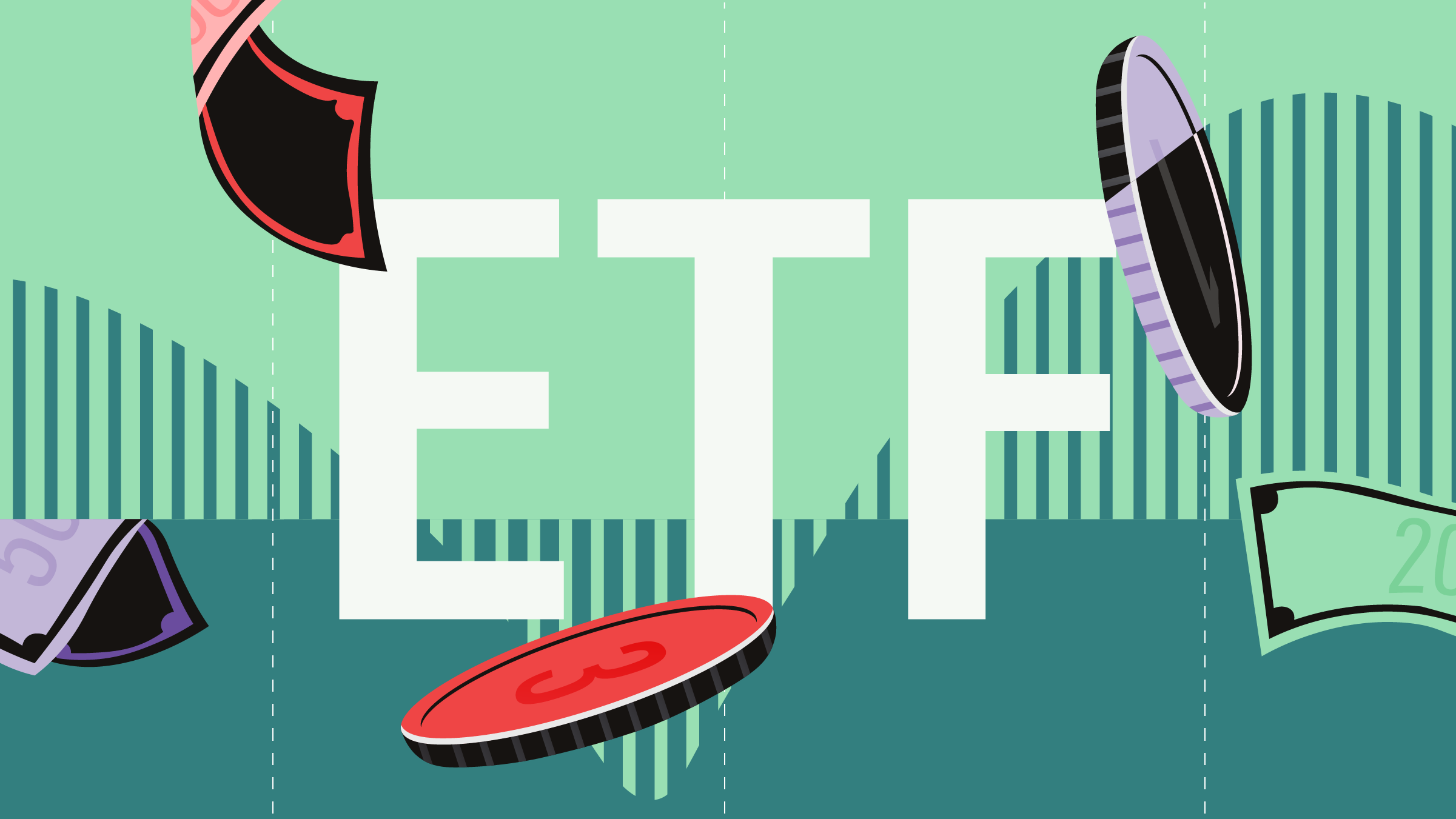Christian Charest: For Morningstar I'm Christian Charest. Exchange traded funds have been part of the investment landscape in Canada for nearly three decades, and by now most investors are familiar with some of their benefits. But are some of these benefits being oversold, and on the flipside are there some benefits to ETFs we should paying more attention to? With me to discuss this from our head office in Chicago is Ben Johnson, Director of Global ETF Research for Morningstar.
Ben, thanks for joining us.
Ben Johnson: Thanks for having me Christian.
Charest: So, you wrote an article that we published earlier this month on Morningstar.ca that looked at some commonly cited benefits of ETFs that you believe are oversold and some related benefits that we should focus on instead. The first one is liquidity or the ability to trade them during the day as opposed to having to wait until the end of the day to find out the price. Why is that benefit overrated?
Johnson: Well, I think liquidity is overrated chiefly because very few investors should be trading broad market exposures all day, every day during normal market hours. Liquidity as a feature I think is also somewhat inadequately representative of the dynamic nature of the ETF wrapper. So, if you zoom out and reframe liquidity as being more sort of flexibility. So, because ETFs trade like stocks, for example, they can be sold short like stocks. There are options that you could either buy or write that are associated with various ETFs. If you own ETFs in certain settings, you can lend them out to generate additional income from borrowers that comes back to you and is reinvested in your portfolio. So, I think on the one hand liquidity is overrated to the extent that, if anything, it could be potentially detrimental to your wealth to be trading broad market exposures, trading ETFs all day. And on the other hand I just don't think it adequately represents the overall level of flexibility that ETFs allow a very wide variety of users who might be using them in a very wide variety of manners.
Charest: And you think that flexibility is the undersold benefit.
Johnson: I think that's very much undersold. I think it's underappreciated too to the extent that it attracts a very broad and very diverse investor base that grows the ETF's assets. So, depending on the ETF in question you might have individual investors investing in them in their retirement accounts. You may have institutions that are using them in high-frequency trading strategies attempting to arbitrage price discrepancies between various vehicles that are offering exposure to similar benchmarks. When all of those investors come together they surround one ticker that's traded like a stock on exchange, that's to the benefit of all investors and all users of that ETF to the extent that it fosters greater assets, which would hopefully lend itself to having lower fees for long-run shareholders. And it fosters greater liquidity, which in turn would lead to lower trading costs for all investors, of all stripes, of all asset levels.
Charest: Another benefit that's often touted about ETFs is transparency or the ability to see what's in the portfolio at all times. Why do you think that benefit is overrated?
Johnson: Well, Christian I don't know about you, but if I were to own an S&P TSX Composite ETF in my portfolio I wouldn't be particularly interested in understanding the specifics of its contents each and every day. So, I think the transparency of ETFs is not necessarily so much overrated, as again much like liquidity, it isn't adequately representative. I think we have to reset and reframe what transparency means and I think ETFs' transparency can be better understood and better conveyed as, to borrow a term from Jack Bogle, "relative predictability."
So, because many ETFs are tied to broad-based, fairly straightforward market-capitalization-weighted indexes, what we know is that those funds will try to track those indexes to the best of their manager's ability come hell or come high water. So, we know what the contents will be. We know the rules that dictate the construction of that portfolio. We understand that we are going to get the market exposure through thick and through thin, and that relative predictability, the stability of the underlying portfolios, I would argue is far more beneficial as far as most investors are concerned than being able to see the contents within the tin each and every day.
Charest: It helps investors as well in planning the construction of their portfolio when they know how each of the components are going to behave.
Johnson: That's absolutely right. So, within a portfolio construction framework the stability of those various building blocks that you are bringing together to build your portfolios is a key feature of index exposures as well.
Charest: Ben, thank you very much for sharing your insights with us today.
Johnson: Thank you so much for having me.
Charest: For Morningstar I'm Christian Charest. Thank you for watching.
















